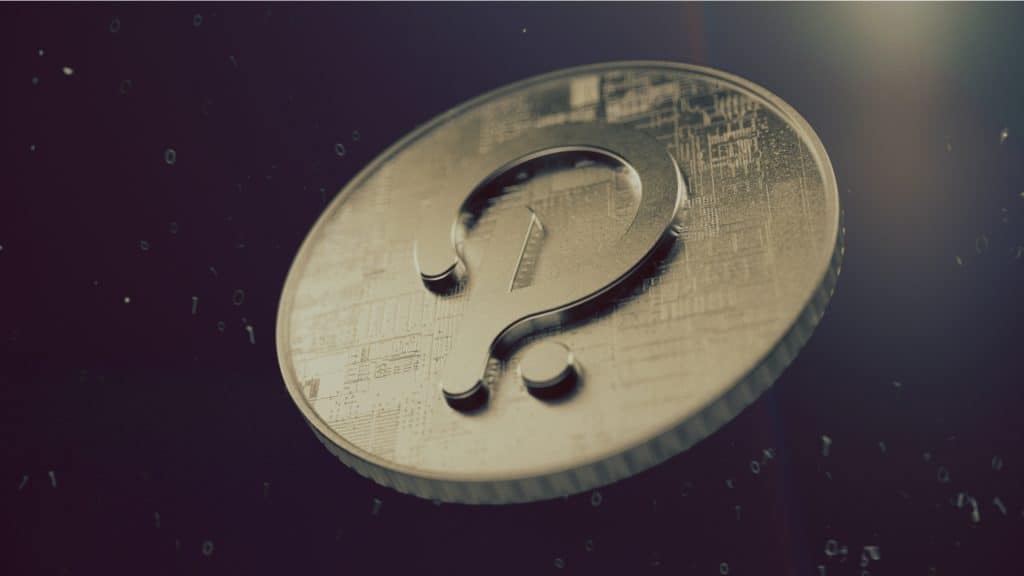- Summary:
- Acala wins the first parachain slot on the Polkadot blockchain, and will provide multiple assets for staking and providing liquidity.
Polkadot has added another feather to its cap by onboarding Acala, an Ethereum-compatible platform for building DeFi-focused smart contracts. Acala is the DeFi hub by which liquidity is added to the Polkadot network. It comes preloaded with financial applications and liquidity to serve users on the Polkadot blockchain. Acala thus becomes the first blockchain project to win a parachain slot on the Polkadot cross-chain.
What are the DeFi assets available on the Acala ecosystem?
- A decentralized stablecoin called the Acala Dollar Stablecoin (aUSD), backed by DOT and other cross-chain assets such as Bitcoin.
- A staking token (LDOT) on which the liquidity backbone for the network is built.
- An Ethereum Virtual Machine (EVM+).
- ACA will be the token reward that powers the micro gas fees for the network transactions and serves as the reward for the nodes that sustain the Polkadot network.
How the Offer Went
Acala recently undertook a fundraising campaign to fund the listing of the project on the Polkadot network.
The crowdlending effort was highly successful, resulting in the contribution of 32,515,989.5 DOT tokens worth $1.27 billion.
Contributors to the project will receive LCDOT and ACA tokens.The distribution of 24,116,159.8 LCDOT tokens will commence shortly. The Acala native token (ACA) will also be shared out: 105,893,309.1 in all. The launch plan and the distribution plan for the ACA tokens will be made public soon.
Uses of the Acala Platform
Thanks to the weight-based model, Acada’s transactions attract only a fraction of the high fees paid by those dependent solely on Ethereum. The cross-chain capability of Polkadot permits the settlement of transactions using several cryptos such as Bitcoin, Poldakot.
Users can take loans in aUSD, and providing collateral using their DOT tokens. The Acala platform has a desktop interface and a mobile app to go with it.
The Acala chain is customized to take on smart contracts in decentralized finance. Therefore, developers can
enhance the smart contract stable on Acala with their own work and earn ACA as a reward.


